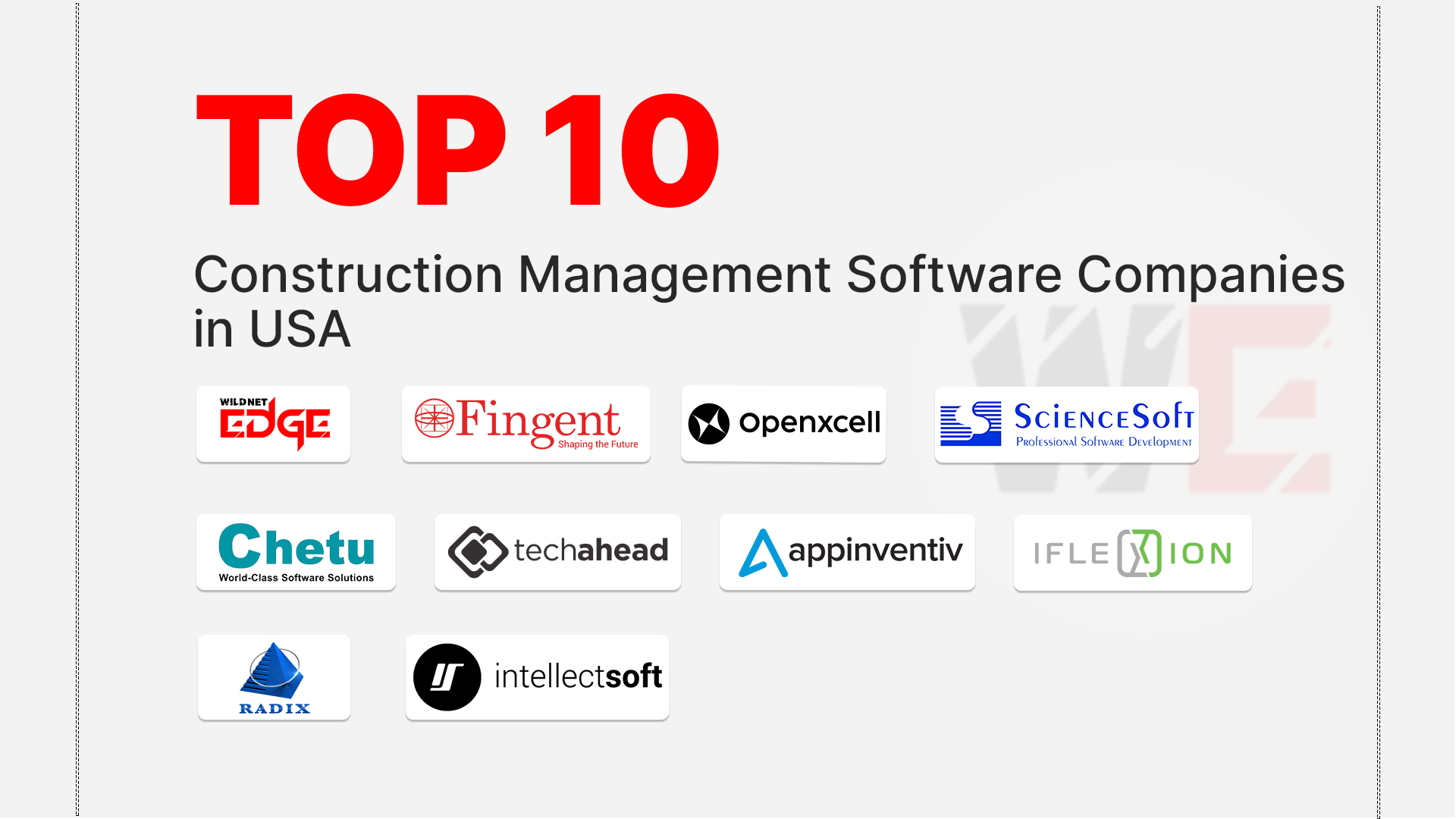In the ever-evolving landscape of web development, developers often face the choice between ASP.NET MVC and ASP.NET Core. Which one should you choose for your next project? With the demand for robust web applications that can perform well across multiple platforms, selecting the right framework becomes a crucial decision. Understanding the nuances between ASP.NET MVC vs ASP.NET Core can help you make an informed choice. The significance of using the appropriate Microsoft framework cannot be overstated; it can contribute to your application’s performance, scalability, and maintainability.
Overview of ASP.NET Frameworks
What Is ASP.NET MVC?
ASP.NET MVC, part of the ASP.NET framework established by Microsoft, offers a model-view-controller architecture that separates an application into three interconnected components. This separation helps manage complexity, improves scalability, and facilitates testing. Main components include:
- Model: Represents the application’s data and business rules.
- View: The user interface that renders the model data.
- Controller: Handles user input, manipulates the model, and returns the appropriate view.
ASP.NET MVC was widely adopted for building dynamic, data-driven web applications and provides robust features like routing, filters, and AJAX support. Its mature ecosystem ensures a wealth of libraries and frameworks to enhance functionality—making it a popular choice for traditional web application development.
What Is ASP.NET Core?
ASP.NET Core is a modern, open-source framework designed for building high-performance web applications. Unlike its predecessor, ASP.NET Core is cross-platform, which allows developers to deploy applications on Windows, macOS, or Linux. This flexibility taps into cloud computing opportunities and reduces costs associated with deployment.
ASP.NET Core’s design is modular, meaning developers can customize their applications by including only the dependencies necessary for their specific needs. Key features of ASP.NET Core include:
- Integrated Dependency Injection (DI)
- Improved performance with asynchronous programming
- Built-in support for modern web standards, such as HTTP/2
This framework has gained popularity for its ability to accommodate modern development practices and requirements.
Key Differences Between ASP.NET MVC and ASP.NET Core
Performance and Speed
When comparing ASP.NET MVC vs ASP.NET Core, performance becomes a critical criterion. ASP.NET Core is engineered for speed, with several enhancements over its predecessor. Many benchmarks indicate that applications built with ASP.NET Core execute faster and handle more requests per second due to its optimized architecture and server-side processing capabilities.
For instance, a case study conducted by TechEmpower demonstrates that ASP.NET Core applications exhibit faster response times compared to those built with ASP.NET MVC, particularly under heavy loads. This efficiency not only translates into improved user experiences but also reduces server costs, enhancing scalability.
Development Flexibility
ASP.NET Core offers greater development flexibility over ASP.NET MVC. The modular architecture allows developers to select components and libraries tailored to their project requirements. In ASP.NET Core, you can easily integrate various services, middleware, and frameworks according to specific needs.
In contrast, ASP.NET MVC can sometimes be restrictive due to its heavier dependency structure. Developers who demand agility and customization find ASP.NET Core far more accommodating. This flexibility extends to the use of dependency injection, custom middleware, and improved configuration systems, making it easier to adapt and extend functionalities as the project evolves.
Benefits of Using ASP.NET MVC
Stability and Maturity
One significant advantage of ASP.NET MVC is its stability and maturity. Being an established framework in the Microsoft ecosystem, ASP.NET MVC has been in use for many years, providing a proven track record for enterprises relying on its capabilities.
This longstanding presence has cultivated a rich community support network. Developers can find ample resources, tutorials, and forums to assist in problem-solving, reducing the learning curve for newcomers. Numerous libraries and plug-ins are endemic to ASP.NET MVC, making it easier to develop applications quickly without starting from scratch.
Robust Tooling Support
ASP.NET MVC is backed by exceptional tooling support, primarily through Microsoft Visual Studio, which offers an integrated development environment (IDE) tailored for ASP.NET applications. Key tooling features include:
- IntelliSense: Provides code suggestions and references to boost development efficiency.
- Integrated Debugging: Allows developers to troubleshoot applications easily with built-in debugging tools.
- NuGet Package Management: Simplifies dependency management and updates for libraries and frameworks.
These tools not only enhance productivity but also ensure that developers can leverage the full capabilities of ASP.NET MVC efficiently.
Advantages of ASP.NET Core
Cross-Platform Support
A prominent feature of ASP.NET Core is its excellent cross-platform capability. Unlike ASP.NET MVC, which primarily runs on Windows, ASP.NET Core enables developers to select from multiple operating systems for deployment. This versatility opens new avenues for businesses by allowing them to use their preferred environments and reducing vendor lock-in.
With ASP.NET Core, popular cloud platforms such as Azure, AWS, and Google Cloud can execute applications efficiently, making the deployment process more seamless and cost-effective across various environments.
Enhanced Security Features
ASP.NET Core stands out for its advanced security capabilities. The framework includes built-in security features, such as:
- Data Protection: Protects sensitive data using encryption protocols.
- Authentication and Authorization: Offers comprehensive security measures that help developers implement ASP.NET Identity for user management.
- Preventing Cross-Site Scripting (XSS): Built-in mechanisms reduce the risks associated with XSS attacks.
Developers can more confidently create applications with robust security protocols, ensuring both users and data remain protected. The framework’s alignment with modern security standards makes it an appealing choice for developers focused on safeguarding user information.
Which Framework to Choose: Practical Considerations
Project Requirements Analysis
When deciding between ASP.NET MVC vs ASP.NET Core, thorough analysis of your project requirements is essential. Assess the nature of your application, expected traffic, performance, and scalability needs. Key questions to consider include:
- What operating systems do you intend to deploy your application on?
- Will your application benefit from modular architecture?
- Is there a language or feature set that strongly aligns with your development team’s existing skills?
Understanding the specifics of your project can provide a clear indication of which framework suits your needs better. For instance, projects requiring extensive cross-platform capabilities may lean heavily towards ASP.NET Core.
Team Expertise and Preferences
Another factor to consider is your development team’s existing expertise. Both frameworks have different learning curves, with ASP.NET MVC being seen as more straightforward due to its long-standing pedigree. In contrast, ASP.NET Core may require developers to familiarize themselves with newer methodologies and programming paradigms.
Highlighting team preferences in programming tools or patterns can help facilitate a smoother development process. Assess the complementarity of the framework with your existing technology stack and how quickly your team can adapt to the new environment.
Real-World Applications of Each Framework
Case Studies Using ASP.NET MVC
Several notable applications leverage ASP.NET MVC, showcasing its strengths. One prime example is Stack Overflow, which serves millions of users daily. Its existing infrastructure is aligned with the capabilities of ASP.NET MVC, allowing for complex features like voting, tagging, and user authentication—all while maintaining high performance through effective manageability.
Interestingly, leveraging ASP.NET MVC has allowed Stack Overflow to draw on an established library of tools and community support, further optimizing its operations. The framework’s maturity has supported their growth as a prominent figure in the Q&A space.
Case Studies Using ASP.NET Core
On the other side, companies are quickly capitalizing on the advantages that ASP.NET Core brings to the table. A notable case is Microsoft’s own Azure services, which are built upon ASP.NET Core, offering high performance and scalability under the cloud infrastructure.
The integration of ASP.NET Core with Azure services has allowed Microsoft to enhance application execution across platforms, capitalizing on the cloud’s extensive global reach and versatility. Companies leveraging ASP.NET Core on Azure have reported significant performance gains, faster deployments, and reduced costs associated with infrastructure.
Conclusion
In conclusion, the choice between ASP.NET MVC and ASP.NET Core boils down to your specific project needs, team dynamics, and the desired outcomes of your web application. Each framework offers its unique advantages, with ASP.NET MVC providing stability and tooling support, while ASP.NET Core shines through its performance, flexibility, and cross-platform capabilities.
Wildnet Edge, as an AI-first company, provides developers with the guidance and expertise necessary to choose the right framework for their projects. If you’re considering your next steps, feel free to reach out for advice tailored to your unique situation.
FAQs
Q1: What is the primary difference between ASP.NET MVC and ASP.NET Core?
ASP.NET MVC is a framework for building web applications, while ASP.NET Core is a cross-platform framework that offers enhanced performance and flexibility.
Q2: Which is better for new projects, ASP.NET MVC or ASP.NET Core?
ASP.NET Core is generally better for new projects due to its modern features and cross-platform capabilities.
Q3: How does Microsoft support ASP.NET frameworks?
Microsoft provides extensive documentation, community forums, and regular updates to ensure developers have the resources they need.
Q4: Can I migrate my ASP.NET MVC application to ASP.NET Core?
Yes, it is possible to migrate an ASP.NET MVC application to ASP.NET Core with some adjustments to adhere to the newer framework’s structure.
Q5: What tools are available for ASP.NET MVC and Core development?
Both frameworks have robust tooling support, including Visual Studio, debugging tools, and package management through NuGet.

Managing Director (MD) Nitin Agarwal is a veteran in custom software development. He is fascinated by how software can turn ideas into real-world solutions. With extensive experience designing scalable and efficient systems, he focuses on creating software that delivers tangible results. Nitin enjoys exploring emerging technologies, taking on challenging projects, and mentoring teams to bring ideas to life. He believes that good software is not just about code; it’s about understanding problems and creating value for users. For him, great software combines thoughtful design, clever engineering, and a clear understanding of the problems it’s meant to solve.
 sales@wildnetedge.com
sales@wildnetedge.com +1 (212) 901 8616
+1 (212) 901 8616 +1 (437) 225-7733
+1 (437) 225-7733
















 AI Development Services
AI Development Services Industry AI Solutions
Industry AI Solutions AI Consulting & Research
AI Consulting & Research Automation & Intelligence
Automation & Intelligence













